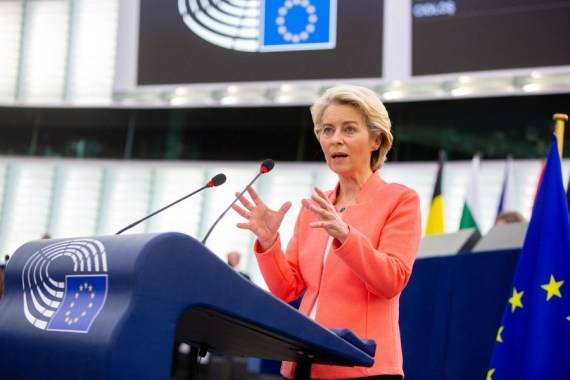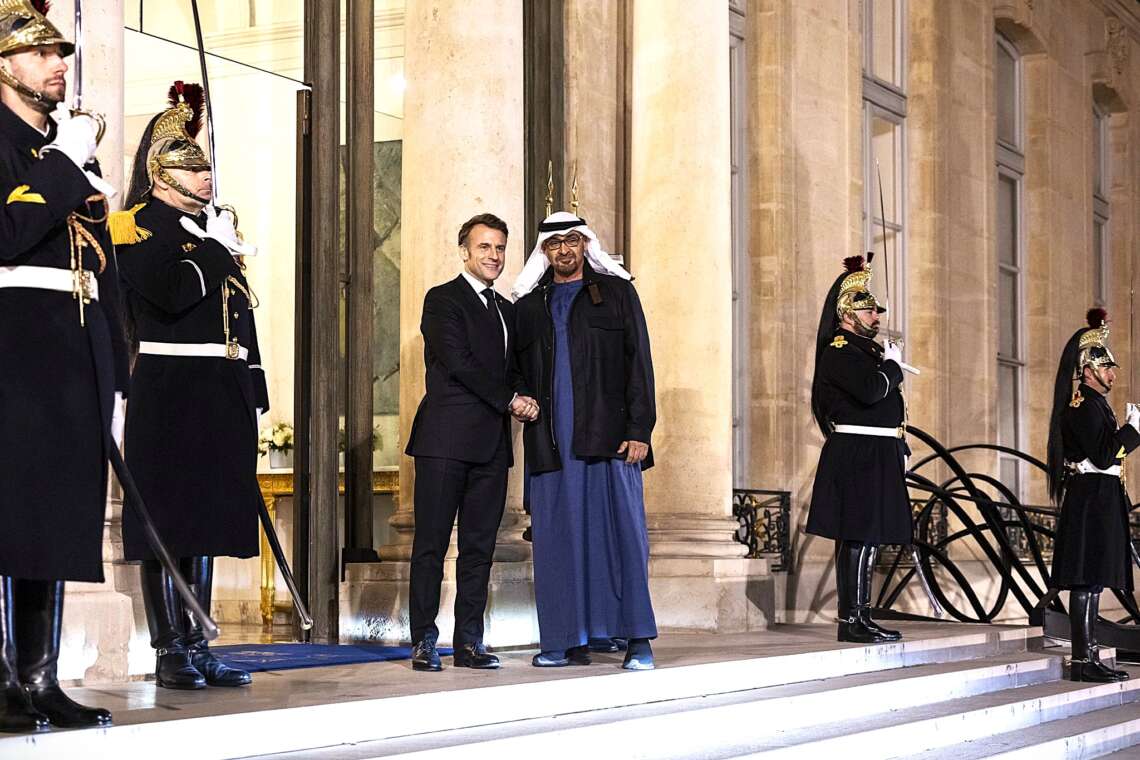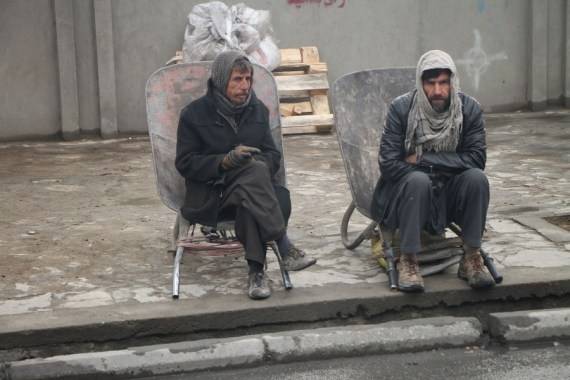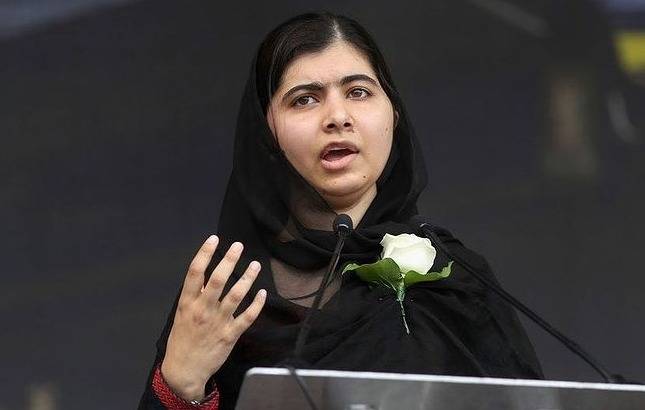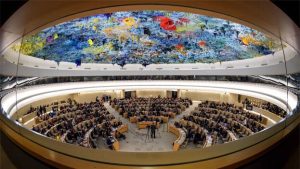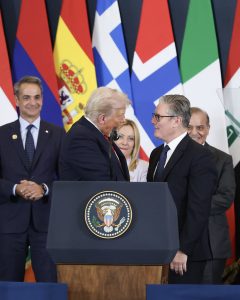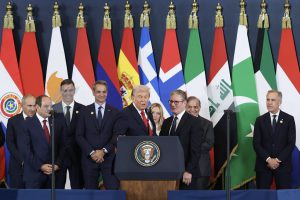The EU aims to increase its global market share in the semiconductor industry from nine per cent today to 20 per cent by 2030, said von der Leyen…reports Asian Lite News
The European Union (EU) has outlined a 15 billion-euros plan to boost its semiconductor industry for a desired green and digital transition, and a leading position in chips manufacturing.
The European Commission will “enable 15 billion euros ($17.11 billion) in additional public and private investment until 2030” in semiconductor production, senior EU officials said in Brussels on Tuesday as they presented the Commission’s “European Chips Act”.
“Without chips, no digital transition, green transition, technological leadership,” said Thierry Breton, European Commissioner for the internal market.

The 15 billion euros will come on top of 30 billion euros of public investments already planned through various EU programs, such as NextGenerationEU or Horizon Europe, said Commission President, Ursula von der Leyen.
The EU aims to increase its global market share in the semiconductor industry from nine per cent today to 20 per cent by 2030, von der Leyen added.
However, since demand will also double in this timeframe, Europe will have to quadruple its chips production effort to reach its target, Xinhua news agency reported.
The goal is to make sure that Europe does not miss this new industrial revolution, she said.
“The first goal is, in the short term, to increase our resilience to future crises by anticipating and thus avoiding supply chain disruptions. Looking at the mid-term … to make Europe an industrial leader in this very strategic market,” she added.
In the long term, the “European Chips Act” should enable “lab to fab” transfer of knowledge, positioning Europe as a “technology leader in innovative downstream markets”.
The package includes the Chips for Europe Initiative, which will gather all resources in the EU, its member states and third countries associated with the existing EU programs, and a new framework to ensure security of supply and a Chips Fund to facilitate access to finance.
The plan also includes a monitoring tool for EU-produced semiconductor exports, with an option to halt exports as a last resort in times of crisis.
The “Chips Act” will strengthen the EU’s semiconductor research, enable the transfer of technology from laboratories to manufacturers, allow state aid support to build one-of-a-kind production facilities, von der Leyen said.
It will support small innovators and startups and build balanced interdependencies with other countries, such as the US and Japan, she added.
European manufacturers, especially carmakers, have been badly affected by semiconductor shortages during the Covid-19 crisis, slowing down production.

